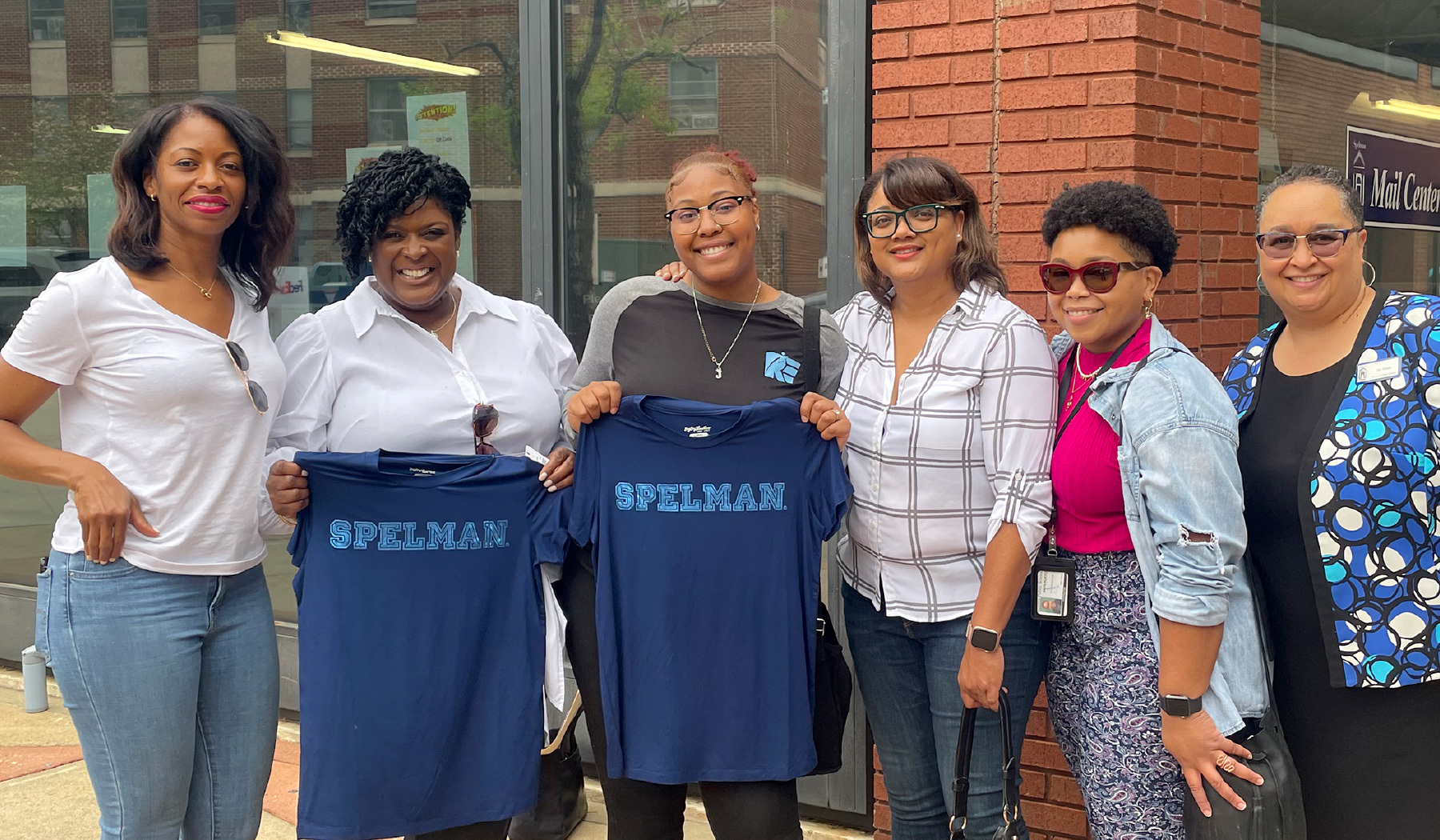
Over the years, we’ve enjoyed a close relationship with our HBCU partners: Spelman College, Morehouse College, and Clark Atlanta University. Recently, the Superintendent of Atlanta Public Schools, Dr. Lisa Herring, invited one of our students to participate in a tour that she led of Spelman College.
An alumna of Spelman herself, Dr. Herring is an example of the many ways that Historically Black Colleges and Universities (HBCUs) shape students of minority backgrounds and propel them on to success.
A Space For Opportunity
Most HBCUs were founded in the mid-to-late 1800s as an alternative to predominantly white colleges and universities where students of color were often discriminated against by faculty, staff, and administrators.
HBCUs provide Black students with supportive and understanding environments that lead to higher levels of student retention and graduation. HBCUs comprise only 3% of the country’s higher education institutions, yet they account for almost 20% of all Black American graduates. They account for 27% of Black American STEM graduates.
In 2019, a congressional representative from North Carolina noted that HBCUs produce 40% of our nation’s Black engineers, 50% of Black lawyers, and 80% of Black judges.
Bridging The Wealth Gap
HBCUs often have smaller class sizes with more one-on-one support from faculty, a factor particularly important for first-generation college attendees and those from low-wealth households. HBCUs recognize that students from marginalized backgrounds require additional social, emotional, and academic support.
Evidence of what they can accomplish is in the numbers. Research shows that HBCUs help low-wealth students ascend from the bottom 40% of household income to the top 60% at double the national average.
This observation aligns with one of the core ideas that our work at RE is built on: that when students find mentors who believe in them and an environment that fosters their potential, they are capable of amazing things.
Partners We Can Depend On
We’re grateful to Spelman and Dr. Herring for hosting us, but we’re especially grateful to HBCUs in general for helping propel our youth into lives of success and opportunity. It is an honor to partner with you.